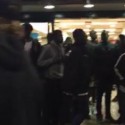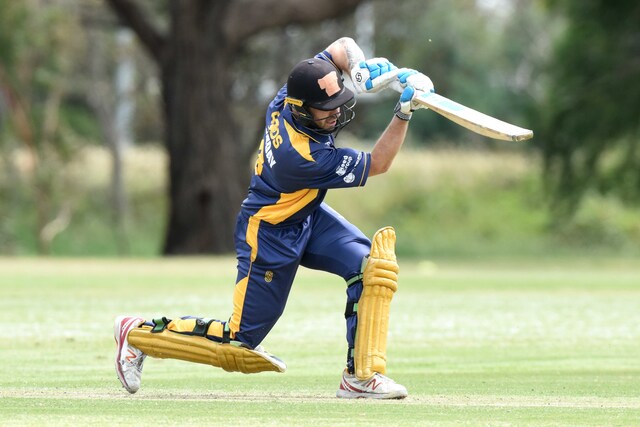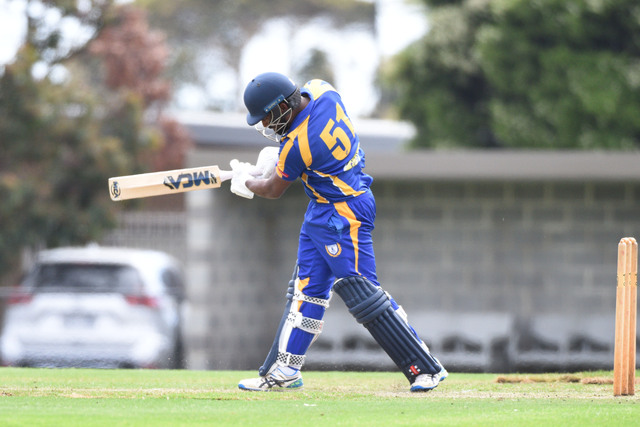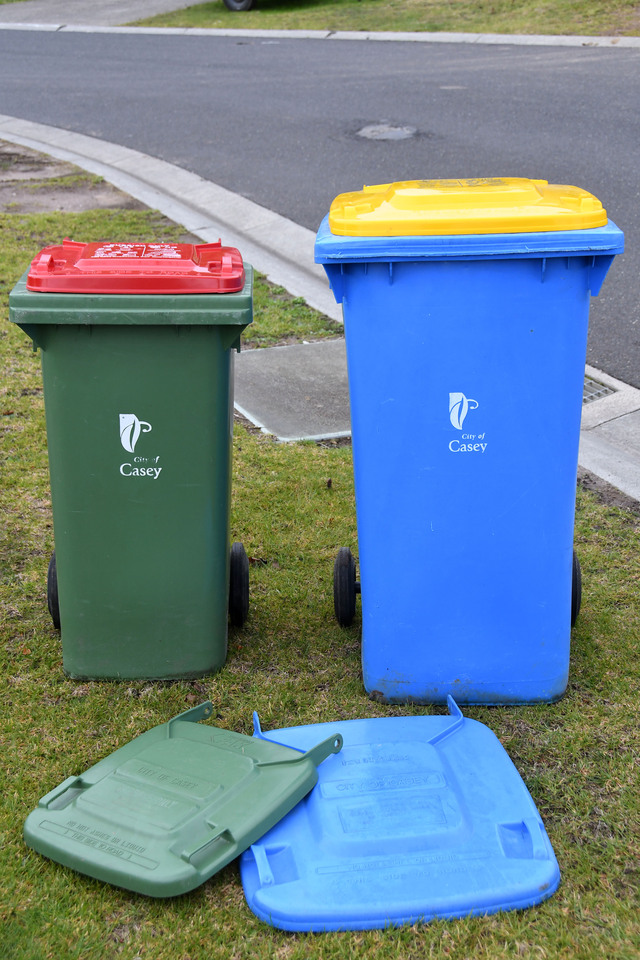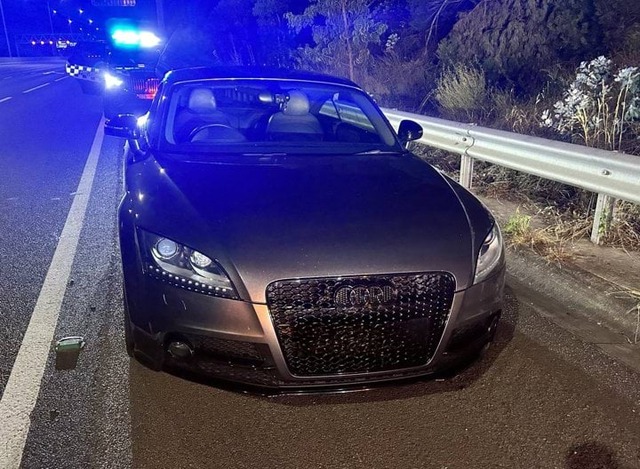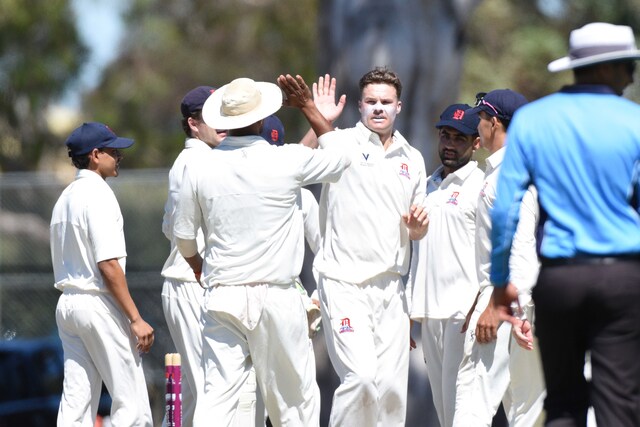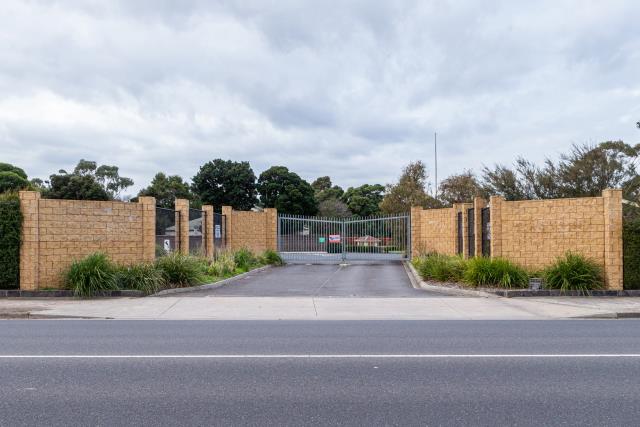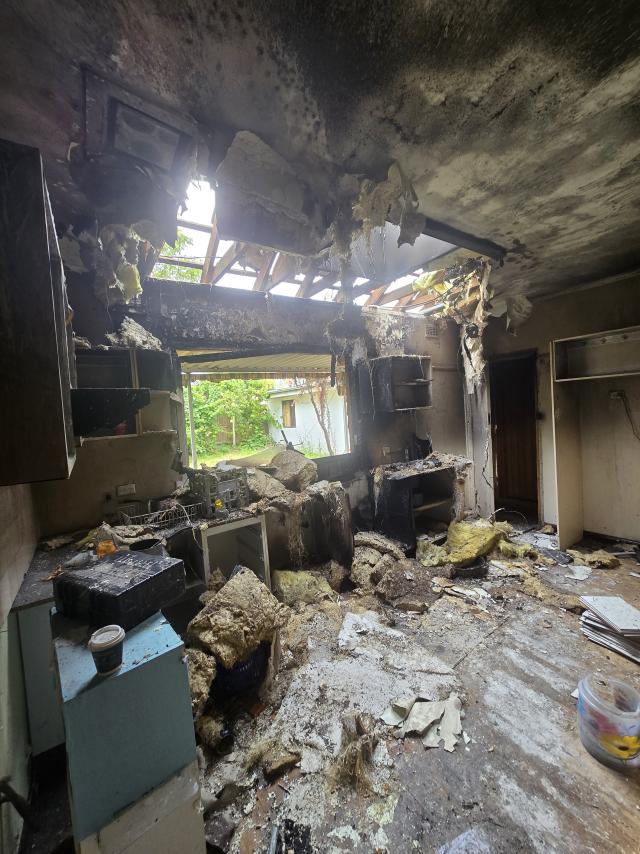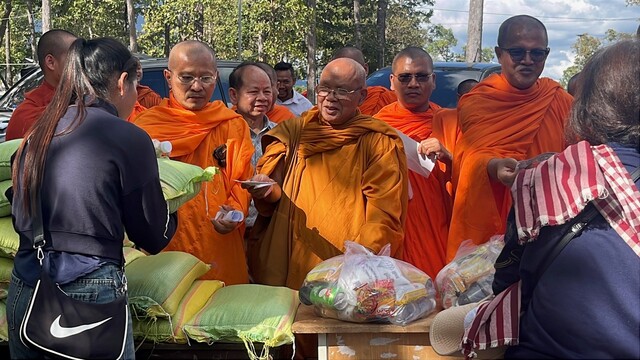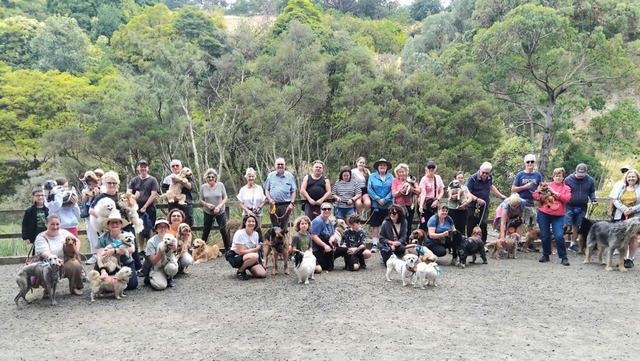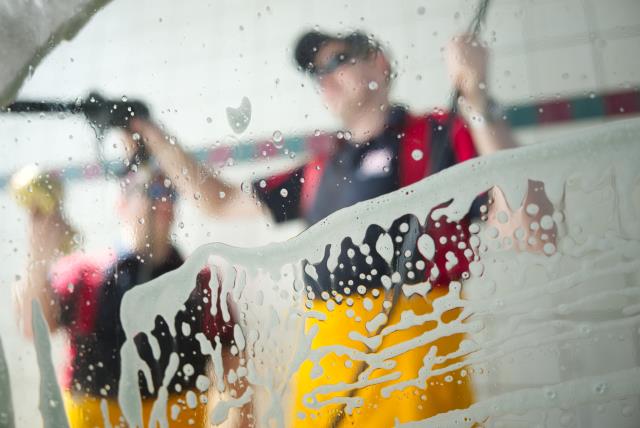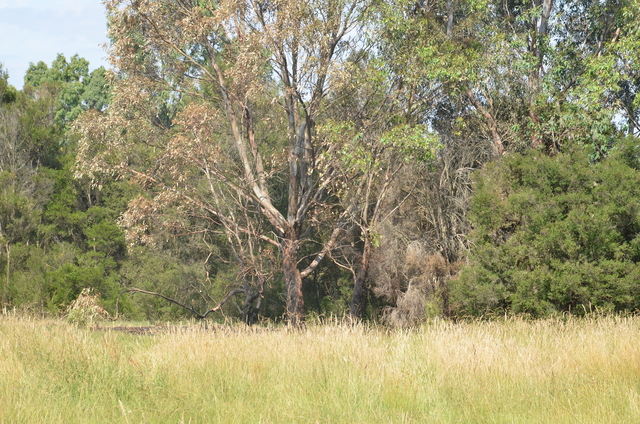By CAM LUCADOU-WELLS
A YOUTH services director says Apex Gang members are far from a “lost cause” in response to calls for the deportation of offenders involved in Moomba brawls, car jackings and home burglaries.
Warren Eames, a Dandenong- based services director at YSAS, said they should face the consequences but “simply washing our hands of the problem is short-sighted”.
“I would hope our first instinct is taking responsibility collectively as a community for those young people to find a positive path.
“Surely our community can cope with supporting those young people.”
The Apex Gang, whose members are reportedly as young as 12 and from a range of ethnic backgrounds, have been linked to spates of aggravated burglaries, armed robberies, car thefts and an alleged culpable driving incident.
Violent brawls between Apex and Islander 23 gangs marred Moomba in Melbourne’s CBD on 12 March.
The affrays prompted Premier Daniel Andrews to declare: “It does not matter who you are, your circumstances, your background, if you break the law you feel the full force of the law.”
YSAS helps young people across a range of cultural backgrounds get back on track, including Apex members and others before the courts.
Mr Eames describes the recent “against the odds” success story of a young asylum seeker in Melbourne’s south-east, who was “struggling” with similar issues.
The youth was nursed through a year of schooling with the help of a support network including YSAS.
He graduated as “student of the year” at his high school.
Mr Eames said that there was often complex health and social issues underlying their clients.
“There’s no question when there’s that type of affray (during Moomba) and offending it has absolutely got to be policed.
“But the bigger challenge for the community is how we understand the root cause of that sort of disengagement.
“What’s led good young people down that type of offending?”
Young refugees can struggle to settle, Mr Eames said.
They have to make the transition into mainstream education, fit into a new culture and find their own identity.
Most adapt really well but a “cohort” struggle to get along and take part in the community, Mr Eames said.
Their income is low, their employability is limited and they find it difficult to find a way back into the system.
“They are not only isolated from the mainstream but from their own communities and families.”
Mr Eames said that he was also concerned that innocent young people were now generally “put in the spotlight”.
“The kids all feel this tension, even when they don’t have anything to do with that space.
“They hop on the train and they’re aware this is an issue in the community.”

